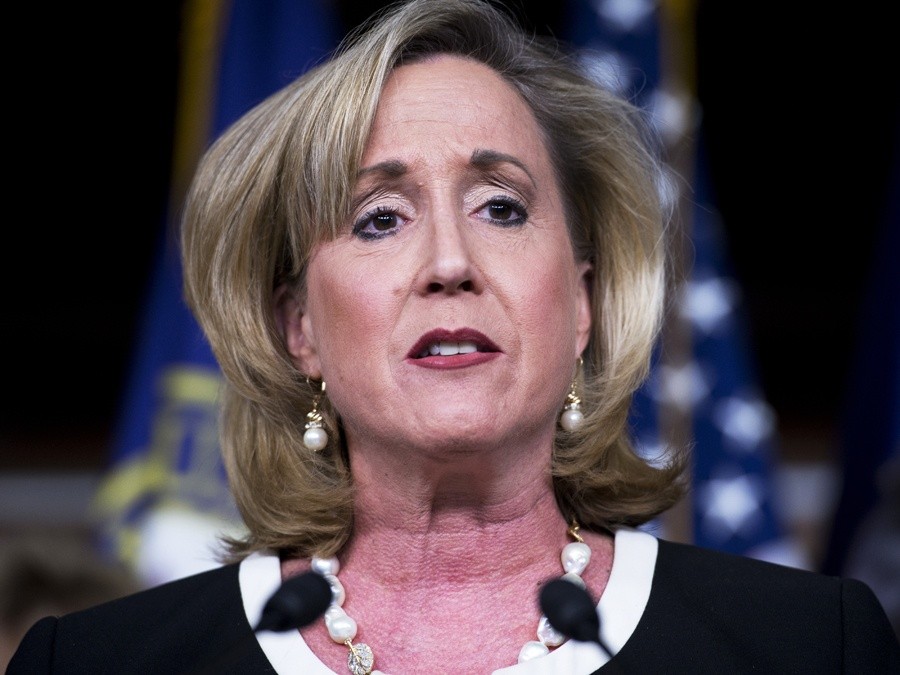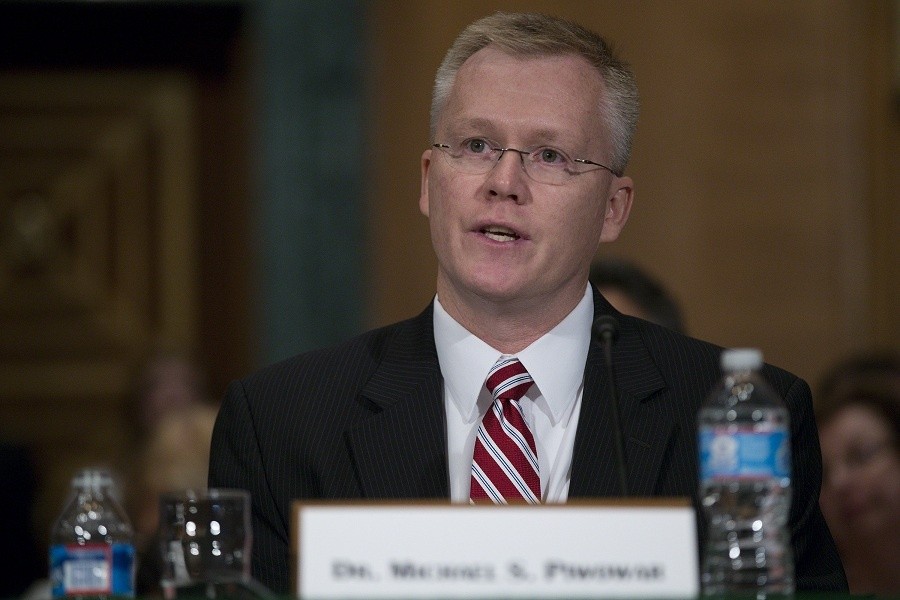In Push for Change Finra Is Opposed by the Wall S It Regulates
Post on: 17 Октябрь, 2015 No Comment

Photo
Richard Ketchum, the chief executive of the Financial Industry Regulatory Authority. Credit Brendan Mcdermid/Reuters
Wall Street has pulled out all the stops in opposing a plan by its own self-regulator to require brokers to share extensive information about their clients’ accounts.
The proposal by the Financial Industry Regulatory Authority, or Finra, is “a troubling and serious threat to investors’ civil liberties and constitutional rights,” Carrie L. Chelko, chief counsel of the Philadelphia financial firm Lincoln Financial Network, wrote in one of hundreds of letters to the agency criticizing the plan.
Finra argues that regular, monthly reports from brokers detailing purchases, sales, margin calls and risk profiles will give it a chance to stop abusive practices before further harm is done.
Finra is considering the feedback on its plan. called the Comprehensive Automated Risk Data System, or Cards, and making changes in advance of seeking approval from its board of governors and forwarding a proposal to the Securities and Exchange Commission, Finra’s chief executive, Richard G. Ketchum, said in a telephone interview.
Finra has often been dismissed as an apologist for the Wall Street firms that finance it, but it has made some efforts since the financial crisis to play a tougher role. It fought the discount brokerage firm Charles Schwab & Company in 2012 after the firm tried to force customers to waive their rights to bring class-action lawsuits, winning its case last April. It also strengthened its standards for brokers who are making investment recommendations, advising them that a product must be consistent with a customer’s best interest. Several powerful investor advocacy groups, including AARP and the Consumer Federation of America. have applauded Finra’s plan, noting that it would allow agency regulators to match the 21st-century data capabilities of the Wall Street firms it regulates. But the brokerage firms that pay Finra to be their regulator say that keeping so much investor information in one place is an example of regulatory overreach and an invasion of customers’ privacy.
“Not a week goes by without some data breach being reported in the press,” Ira D. Hammerman, general counsel of the Securities Industry and Financial Markets Association, a Wall Street lobbying group known as Sifma, said in an email response to questions about Finra’s plan. “And if Cards is built, the question is when, not if, there will be a data breach.”
In December, the American Civil Liberties Union wrote to Finra to express its “very serious security and privacy concerns” about Cards.
Mr. Hammerman and other critics have said that Finra’s plan would invade investors’ privacy, put personal information at risk, take supervisory authority away from brokerage firms and put small brokers out of business. After Sony disclosed in December that its systems had been hacked, Mr. Hammerman even took the opportunity during a media interview to liken Sony’s predicament to the risks that Cards would pose.
Barbara Roper, director of investor protection at the Consumer Federation of America, said Wall Street was “using every tool in their toolbox.” She added, “Their reaction is so over the top that the only thing I can see is that they just don’t want their regulator to be able to keep an eye on them.”
Given Finra’s reputation among some critics, Ms. Roper said, the aggressive Cards proposal has taken some Wall Streeters by surprise. “The industry sees this as evidence of Finra becoming less of a lap dog,” she said.
Mr. Ketchum said that the proposal would make it possible for Finra to spot patterns that suggest bad behavior by a brokerage firm, a branch office or an individual broker.
Dishonest brokers do not usually take advantage of only one client, Mr. Ketchum said. Instead, “they fall in love with a product or they fall in love with a strategy and they put tons of people in it.” Thus, a comprehensive database that displays all of the activity at a firm or branch can help Finra zero in on abuse, he said.
Ms. Roper said the program would let Finra jump on problems more quickly. “It creates a real deterrent,” she said. “Who’s going to churn an account if it immediately sends off a warning siren at Finra?”
In objecting to Cards, the securities industry has been most vocal about the potential for a vast repository of investor information to be hacked. After perusing the data security objections raised in a first round of comment letters in early 2014, Finra revised its proposal and said that customers’ names, addresses and tax identification numbers would not be included.

That still leaves open the danger of someone uncovering an investor’s identity through reverse engineering after penetrating the Cards database, according to a white paper by IBM that was commissioned by Sifma. Mr. Ketchum said that Sifma had “raised some fair points” about the risks of reverse engineering and that Finra was closely examining the issue.
After reviewing the sections pertaining to security in Finra’s most recent proposal and the objections related to security in Sifma’s most recent comment letter, Fred H. Cate. a senior fellow at the Center for Applied Cybersecurity Research at Indiana University in Bloomington, said that Sifma had raised some valid concerns about data security. “But it felt to me like an industry that doesn’t want to comply with the rules, sort of dragging out every argument it could think of, as opposed to focusing on what practical steps could be included to be sure information is secure,” he said.
Ms. Roper said that some of the industry’s arguments were disingenuous. Brokerage firms regularly rely on Big Data in their own businesses, even making account access easily available on mobile devices, she said. “They don’t say, ‘Stop, don’t do it,’ when it’s a matter of their profits,” she said. “But they seem to think Big Data represents some unacceptable risk if the purpose is to enhance investor protection.”
Indeed, Lincoln Financial, which wrote a comment letter to Finra opposing Cards and citing its customers’ constitutional rights, was fined by Finra in 2011 for failing to protect its customers’ confidential information. Finra said that for a seven-year period at the brokerage firm Lincoln Financial Services, “certain current and former employees were able to access customer account records through any Internet browser using shared login credentials.” A spokesman for Lincoln, Michael Arcaro, said in an email statement, “We have long since remedied those failures.”
Some of the parties who weighed in on the Cards plan argued that it did not go far enough. Finra initially proposed that firms include data about variable annuities, private placements, nontraded real estate investment trusts and other illiquid investments, but backed off after complaints about the costs to its members of supplying that information. In a letter to Finra on Dec. 1, Ms. Roper said the list of excluded investments “includes some of the very investment products most commonly associated with fraudulent and abusive sales practices.” If Cards should exclude those investments, she wrote, unscrupulous brokers “are likely to tailor their conduct accordingly.”
Some of Finra’s critics noted in their comment letters that Finra was not properly using the tools it already had. One writer cited a Wall Street Journal investigation in which reporters used data that was available to Finra to map the regions in the United States where rogue brokers were congregating — something Finra had not addressed.
Mr. Ketchum conceded that he had learned lessons from the investigation. “I wish we’d done better,” he said. “But I do know one thing, which is that we do better when we have more information than when we have less.”
If Finra cannot get to the point where it can take advantage of the same Big Data methodology its brokerage firm members and other businesses do, he said, “we will have really failed investors in a serious way.”
A version of this article appears in print on 01/27/2015, on page B 7 of the NewYork edition with the headline: In Push for Change, Finra Is Opposed by the Firms It Regulates.














